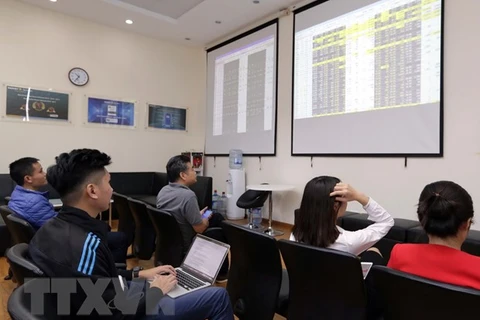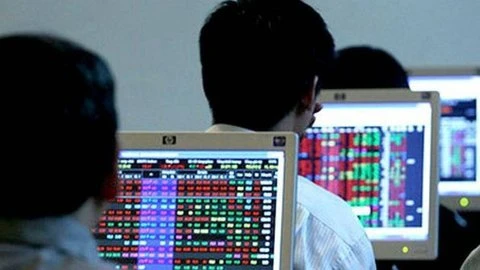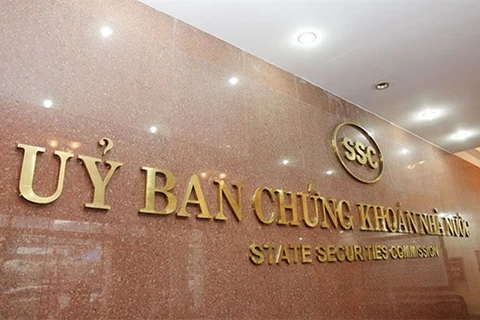Hanoi (VNA) – Covered warrants will be officially listed and traded on the Ho Chi Minh Stock Exchange from June 28, according to Vice Chairman of the State Securities Commission of Vietnam Pham Hong Son.
A covered warrant (CW) is a kind of securities that gives holders the right, not obligation, to buy or sell underlying stocks such as shares, bonds or other securities at a specified price on or before a pre-determined date. If the actual price of the underlying stock is contrary to the judgment of the investor, the maximum loss is limited to the initial purchase price of the warrant.
Such new securities products like CW are part of the stock market development roadmap to 2020 approved by the Government, Son said, adding meticulous preparation for the launching of CW has been completed, including legal framework, regulations, processes, facilities, human resources, communication works and training for investors.
In fact, CW has been a popular product in the global securities markets, and they have different names such as Covered Warrant in the UK, Germany, Australia and Canada, Derivative Warrant in China’s Hong Kong and Thailand, Structured Warrant in Malaysia, Call/put warrant in China’s Taiwan, and Equity-linked warrant in the Republic of Korea.
In Vietnam, CW is defined in Decree No.60/2015/CP-ND as a securities product that has collateral asset issued by securities companies. Meanwhile, Circular 107/2016 regulates that the value of such collateral must be maintained equal to at least 50 percent of the value of the covered warrants offered.
According to international rule, CWs can be trade in the cash market together with stocks, Exchange-traded Fund (ETF) or buying stock option.
Director of the Securities Market Development under the State Securities Commission of Vietnam Ta Thanh Binh, said: “CWs are by nature derivative securities products, giving the holders the right, not the obligation, to buy or sell an underlying asset, at a specified price, on or before a predetermined date. Meanwhile, securities firms must have good rational management mechanisms so as to minimise investment risks for the investors.”
“In the initial phase, the market will focus on call options to reduce risks as the CW is launched in the market for the first time,” she added.
Binh also stated that the covered warrant products will be large-cap stocks listed on the VN30 as they have high daily average trading volume, and a minimum free float ratio of 20 percent.
 Director of the Securities Market Development under the State Securities Commission of Vietnam Ta Thanh Binh (Photo: VietnamPlus)
Director of the Securities Market Development under the State Securities Commission of Vietnam Ta Thanh Binh (Photo: VietnamPlus)
Generally, CWs bring a multitude of benefits to the investors as they offer lower investment costs and higher leverage ability than conventional financial products, and are expected to help investors limit losses and make higher profits.
Besides, CWs provide gearing but limit the risk to the amount invested. Often, investors are most interested in the extra degree of price movement, which CWs can provide exposure to. This is not measured by simple gearing, which usually overstates the multiple of movement, but by leverage, sometimes called elasticity or “effective gearing”.
Leverage is calculated by multiplying simple gearing by another indicator called the delta, and measures the additional degree of price movement which might be expected from the covered warrants. CWs with leverage of four times, for example, might be expected to move four times as much in percentage terms as their underlying asset.
Covered warrants are most suitable for active investors who are able to monitor market movements. Those with more passive objectives should, perhaps, concentrate on collectives or lower volatility equities./.
























